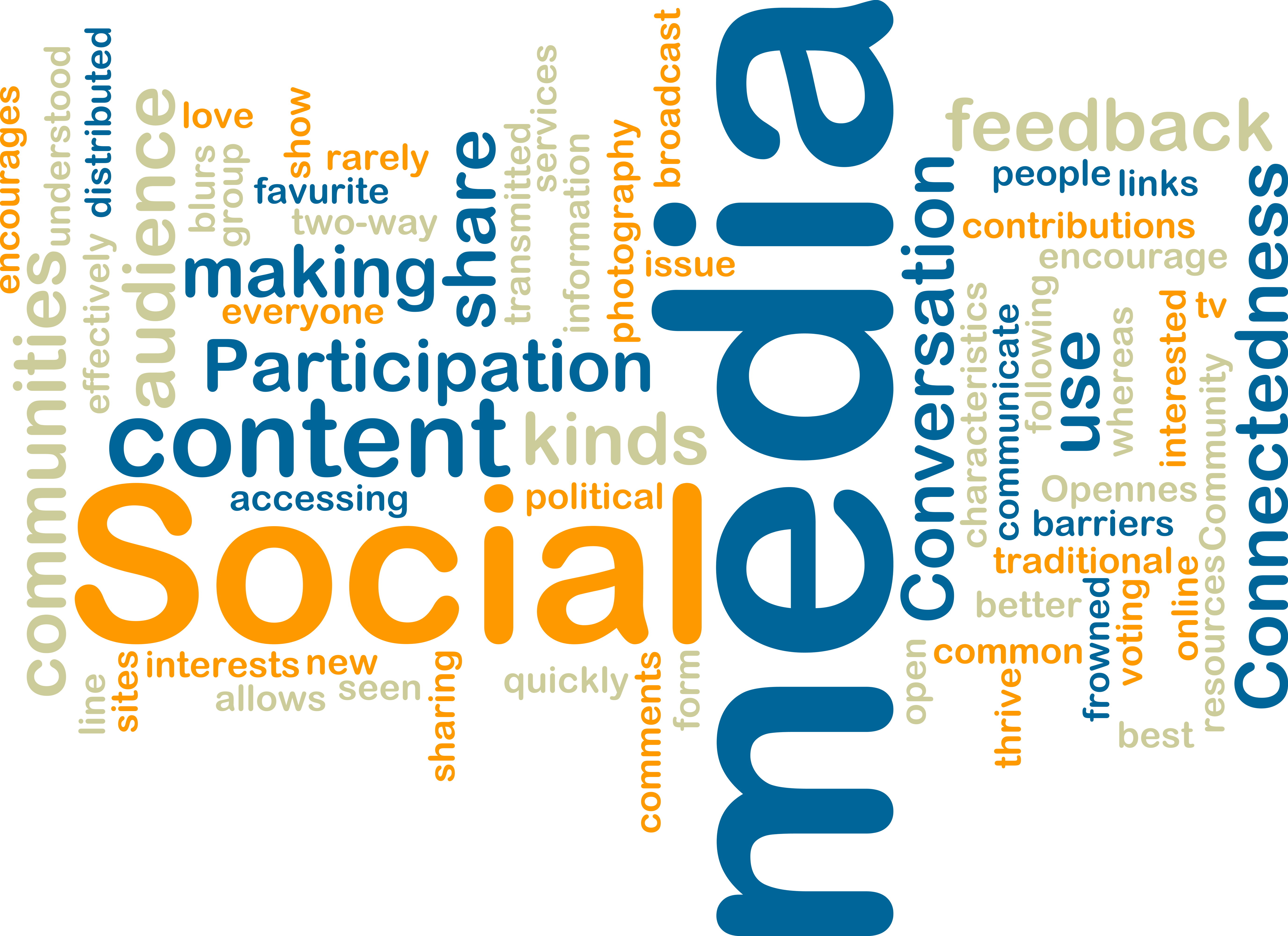In Brandt’s writings, I have found the idea of sponsorship something I had never really delved into and thought about when it comes to studying and thinking about literacy. In class, I found the discussion of all the students’ different “sponsors” so fascinating, whether the sponsor helped or harmed their literacy practices, or did both.
“..sponsors nevertheless enter a reciprocal relationship with those they underwrite. They lend their resources or credibility to the sponsored but also stand to gain benefits from their success, whether by direct repayment or, indirectly, by credit of association” (167). Brandt describing the relationship between the sponsor and the sponsored being “reciprocal” is very interesting to me. Specifically, I wonder about the reciprocal relationship between a parent, or grandparent, buying their children books or reading to their children and wonder how that may benefit the sponsor in the long run.
Obviously parents want their children to be intelligent, but for what reasons? So they can make money in the long run from a professional career, engage in conversations at the dinner table, maybe parents even want their children to be intelligent so they can brag to their friends about the novels their child is reading and the grades they’re earning. Parents read to their children and buy them books so they can expand their literacy, and in return parents receive the notion that this will benefit their child and themselves in the long run.
My parents and grandparents have played a large part in my literacy skills and my overall love of reading. Luckily I had as much access and the freedom to read anything I wanted to as I was growing up and even today. My brother, who also has had the same resources as I did growing up, doesn’t share the same love of reading as I do, which is also something interesting to think about. Why do I make reading literature such a large part of my life and he doesn’t? In the end I think it really does just depend on the person and their interests.
My family and I mostly engage in reading practices instead of writing practices. We read news articles online, blog posts, and sometimes share books. We often discuss articles we’ve read together. My dad and I both read The Hunger Games series a couple years ago and engaged in a lot of conversation about the books. My mom enjoys blogging, so she engages in writing here and there. When I started taking literature courses in college, I found that I was engaging in a lot of conversation with my grandparents about novels we’d read because I was starting to read things that they enjoyed and had been reading for many, many years.
In terms of sponsors and sponsorship, I definitely have my parents and grandparents to thank for my love and appreciation of reading. As for the reciprocal relationships I brought up earlier, I am not quite sure what this has done to benefit them in the long run, besides my pursuing a degree in English Education so that I can eventually become an English teacher.


 Website:
Website: